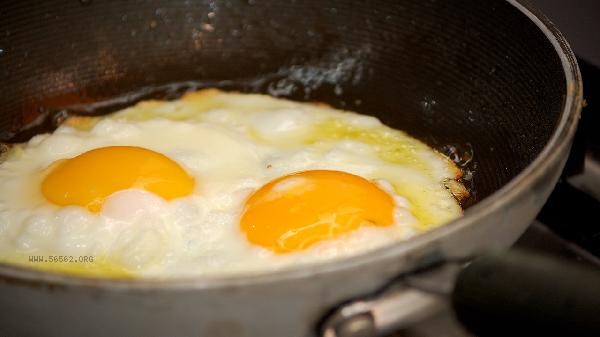Eggs are generally not recommended to be heated directly in the microwave as it may pose a risk of bursting. Shell eggs, boiled eggs, intact egg yolks, and other forms all have safety hazards, but some special handling methods can reduce the risk.

Shell eggs cannot release internal steam during microwave heating, and pressure accumulation can easily cause the eggshell to suddenly burst, which may damage the microwave oven or cause burns. Even after the shell of boiled eggs is removed, the yolk membrane may still wrap around steam to form a localized high-pressure zone, and there is a risk of rupture if heated for more than one minute. The liquid part of partially cooked eggs expands faster when heated, making them more prone to splashing than fully cooked eggs. After using a microwave specific steaming container and puncturing the yolk film, it can be relatively safely heated to a fully cooked state, but the time and power need to be strictly controlled. Breaking and stirring eggs into egg mixture before heating is the safest way, as it is evenly heated and steam can freely escape.

In special circumstances where microwave heating of eggs is required, protective measures must be taken. After peeling the shell, puncture multiple small holes to help release steam, or divide and distribute the pieces to reduce local pressure. When using a microwave specific container with a lid, the water level should exceed the height of the egg, and a water bath should be used to buffer the heat. Select medium low power segmented heating and pause the inspection status every 30 seconds. Mixing raw egg mixture with other ingredients such as milk can reduce the rate of protein coagulation, but the total amount should not exceed half of the container. Applying cooking oil to the edges of porcelain bowls can prevent the egg mixture from sticking and overheating, while avoiding the use of metal decorated utensils.

It is recommended to prioritize using traditional methods to cook eggs in daily life. Boiling or frying eggs is safer and preserves more complete nutrition. After microwave heating, it should be left to stand for one minute before removal to avoid residual temperature causing subsequent bursting. Children and elderly people should be supervised by adults when operating, and containers should be opened away from their faces. If an egg bursts, immediately turn off the power and wait for it to cool before cleaning to avoid steam burns. Long term consumption of improperly microwave heated eggs may affect protein absorption efficiency. It is recommended to have a balanced diet with vegetables and fruits.








Comments (0)
Leave a Comment
No comments yet
Be the first to share your thoughts!